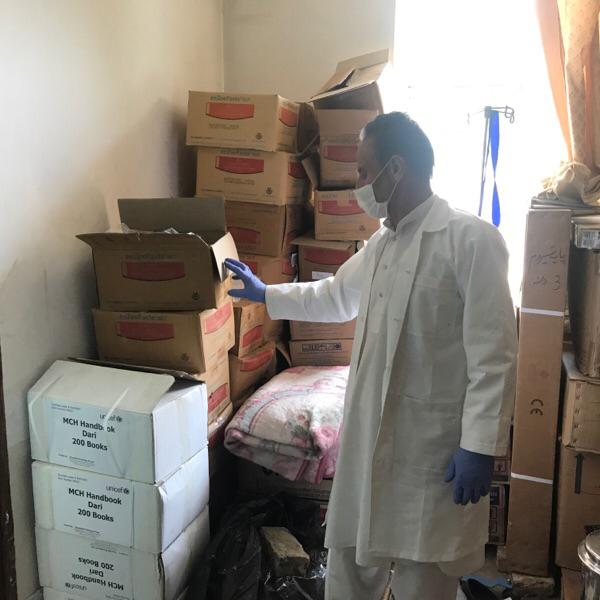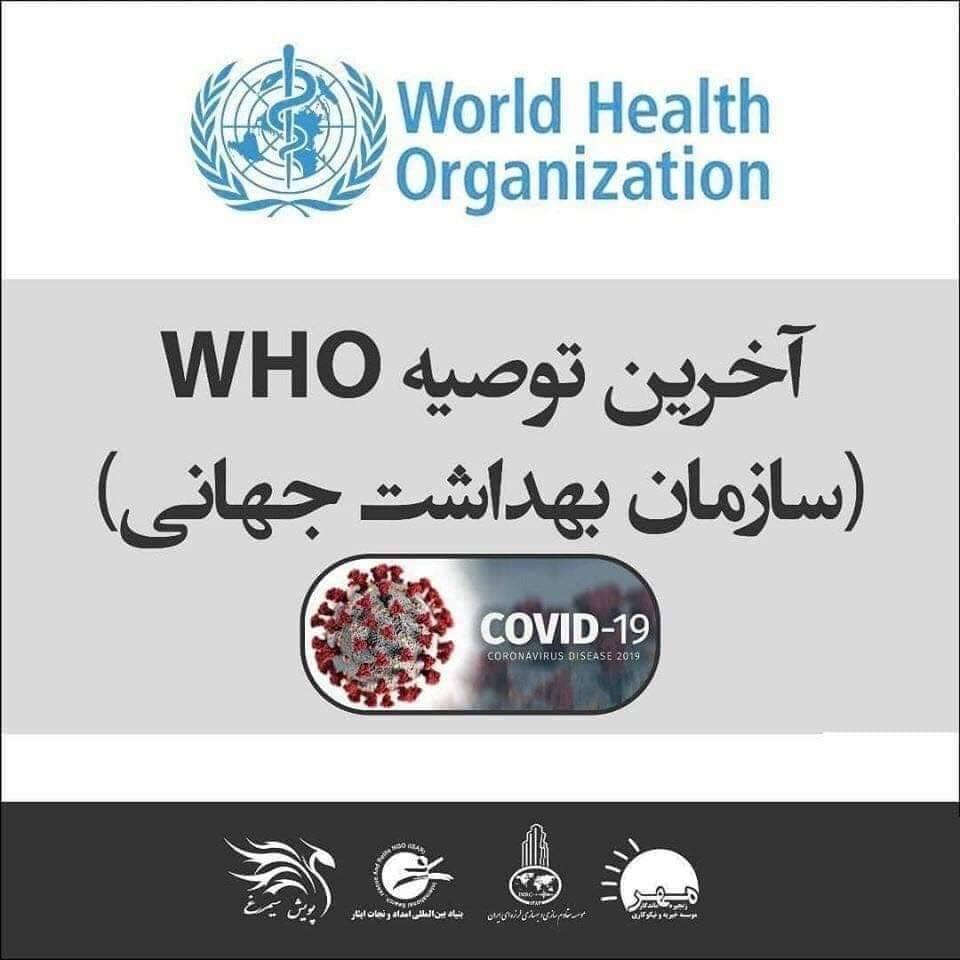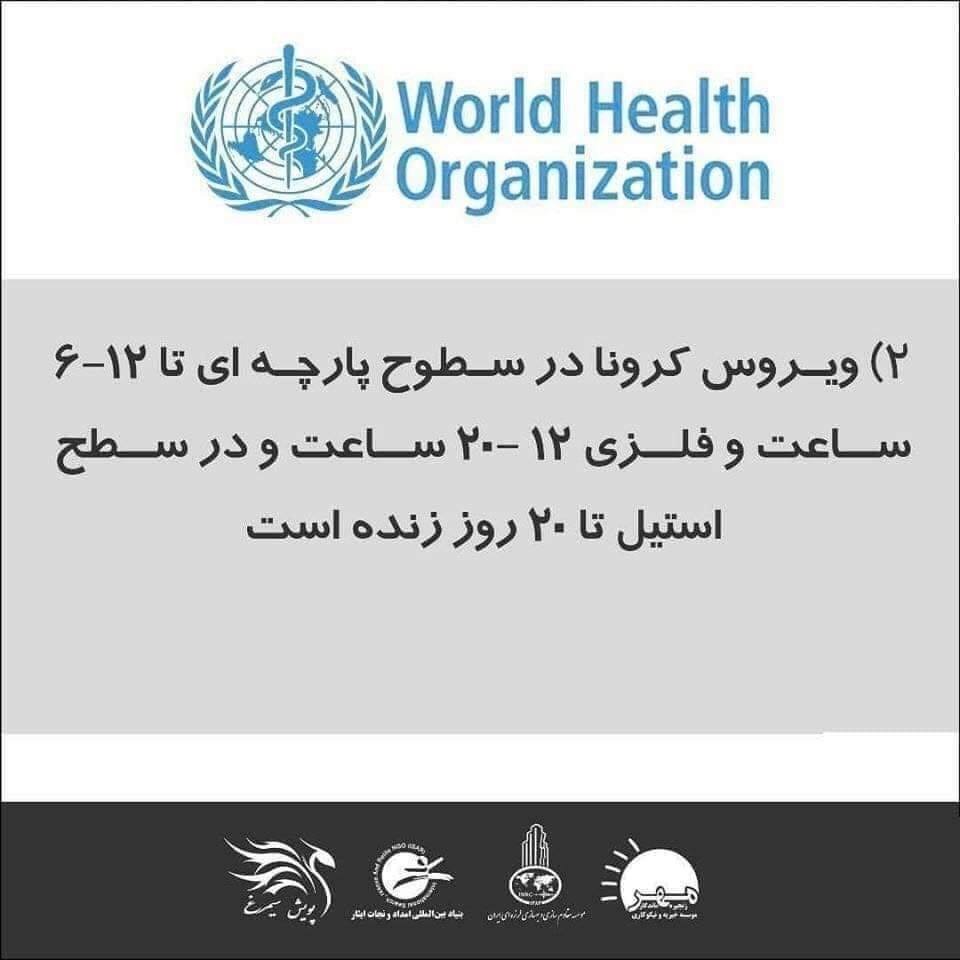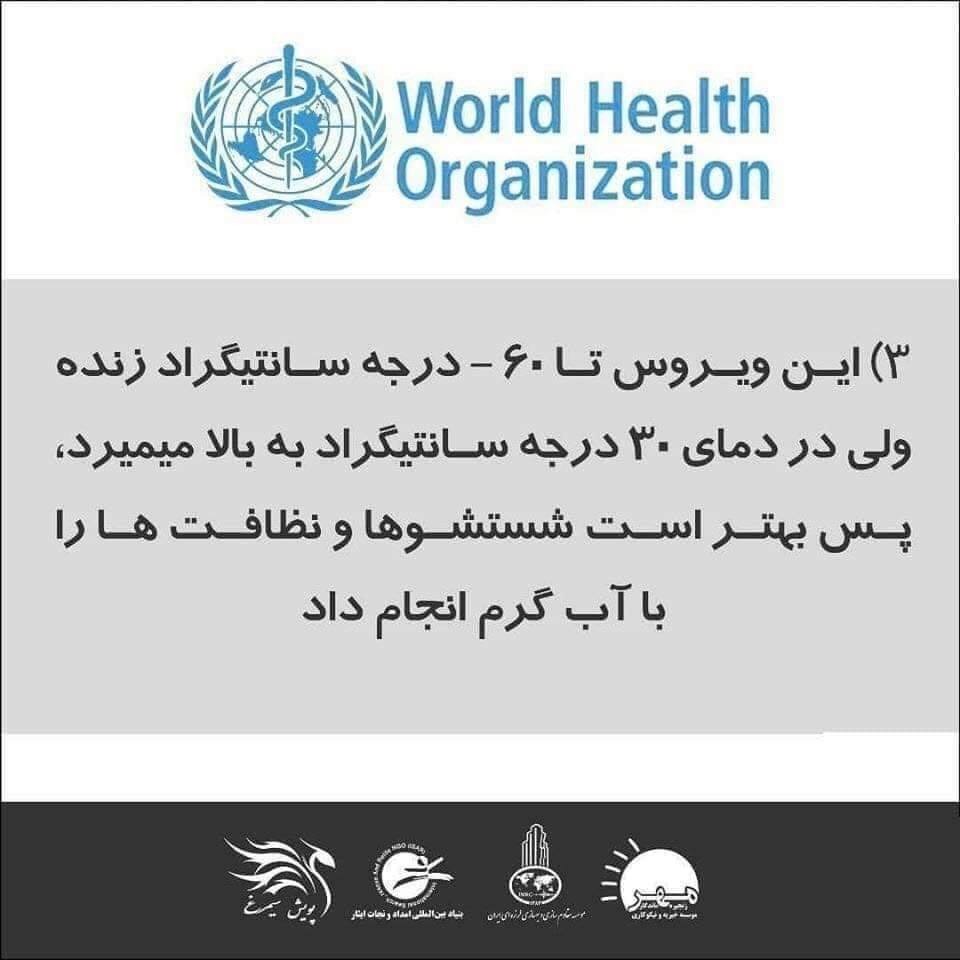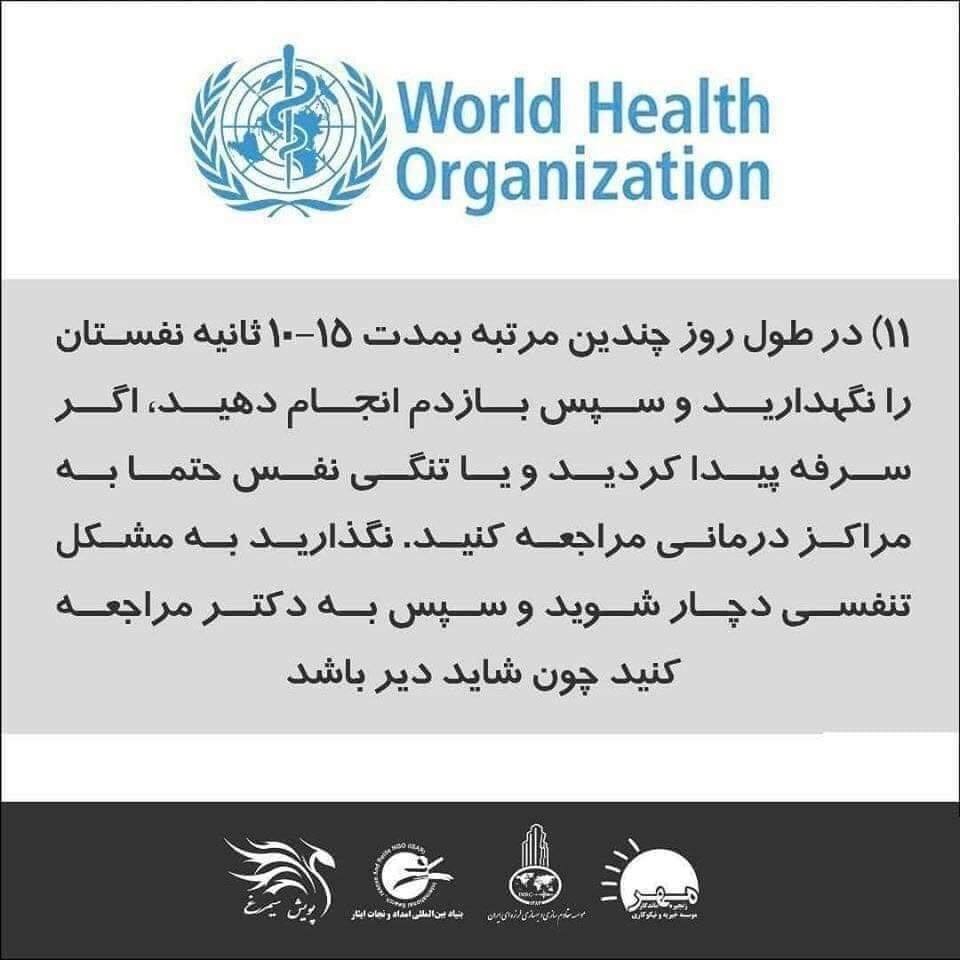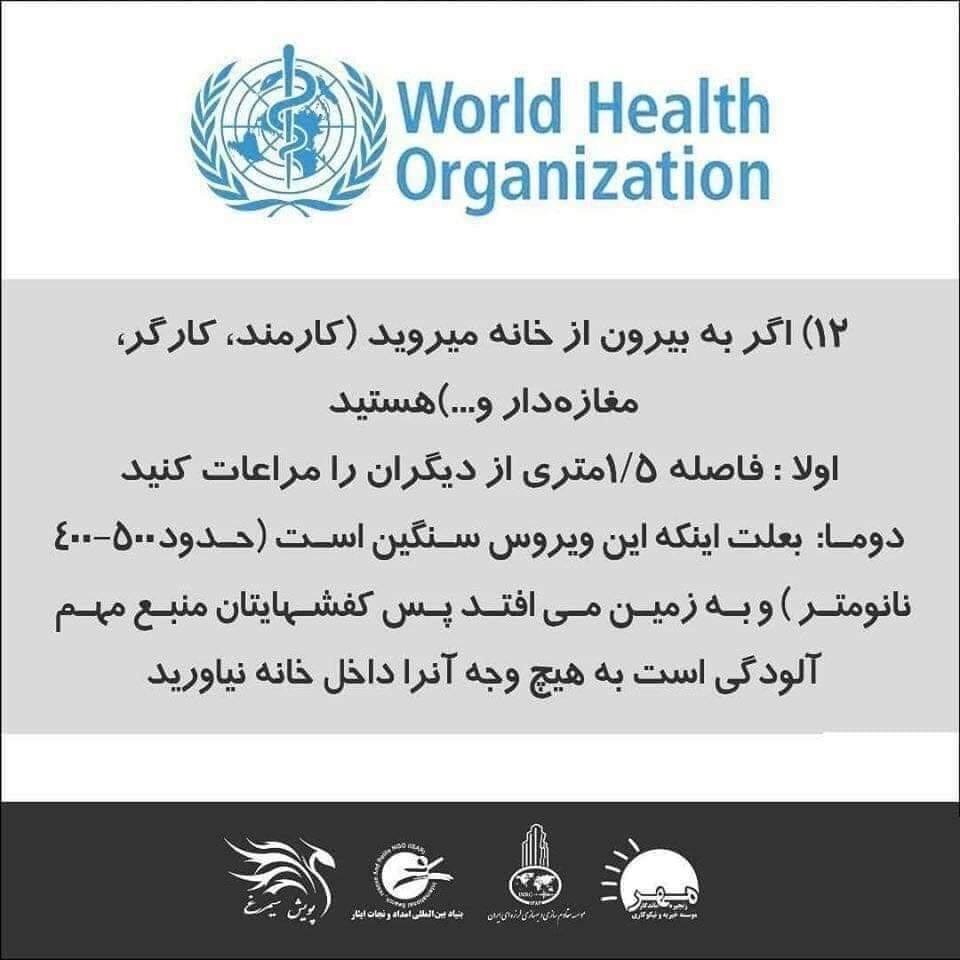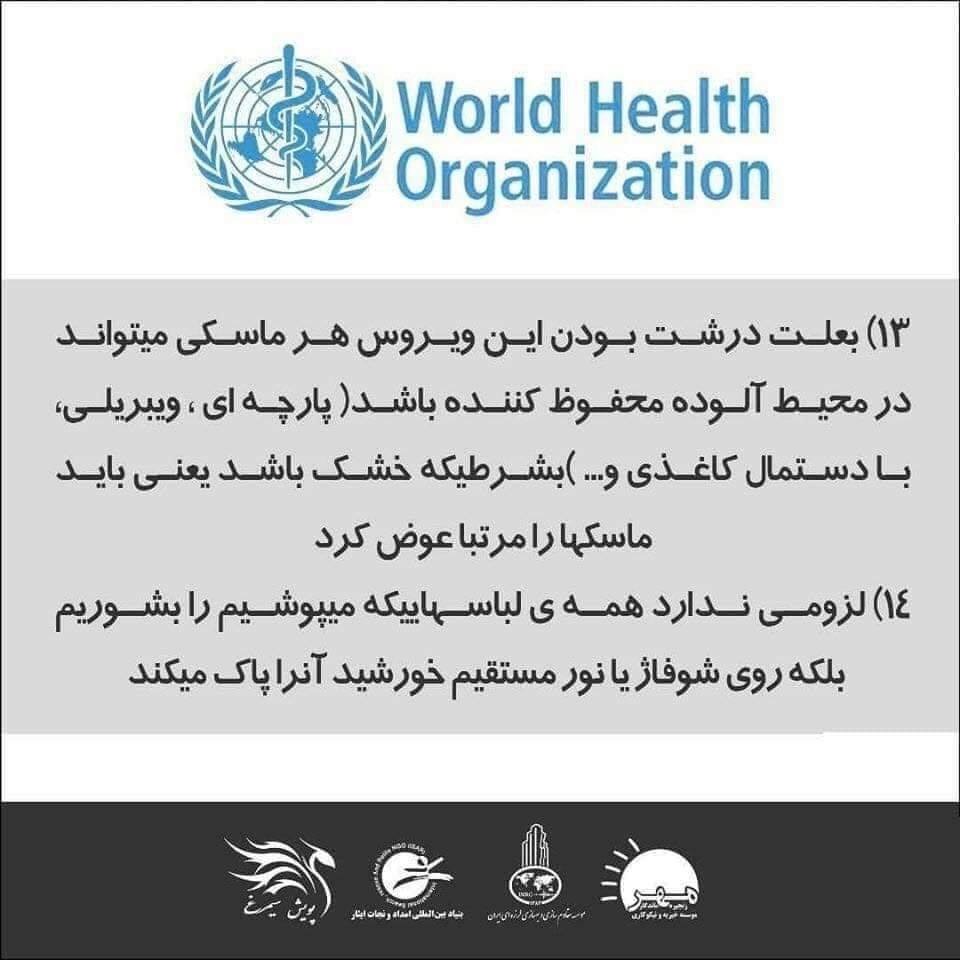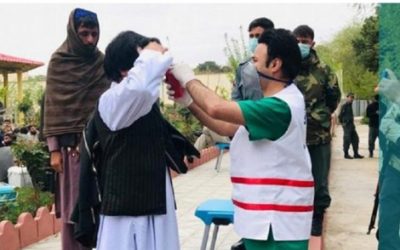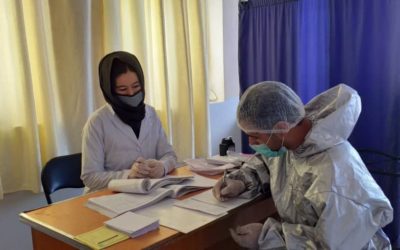A community-based approach to reshaping health services
Wahidullah Azizi & Saida Azimi, Integrity Watch Afghanistan
Decades of war in Afghanistan have destroyed much of its already fragile infrastructure, including the provision of medical services which are a precious commodity for the health of citizens and society as a whole.
Whilst the past one and a half decade have brought some upgrades to the country’s healthcare system, nonetheless, a growing population and the demand for quality services require more substantial transformation — one that involves the public in overseeing the delivery of these services and the health sector responding to the needs of the people who should be the ultimate beneficiaries.
There is a famous saying, “your health is your wealth”. With quality health services so scarce in this impoverished country, the fortunate often go abroad for treatment. But the large number of Afghans living under the poverty line either do not have the financial means to avail of better healthcare services or do not have access to the few facilities within the country.
Around three percent of the Afghan population suffer from disabilities need medical care. Women and children are particularly prone to common curable diseases. Four out of 10 (41%) children under age of five years suffer from stunting, a chronic sign of malnutrition, at an early age, leaving them with crippling effects. While the material mortality rate has declined over the years, it is still above the global average.
Mismanagement and rampant corruption in the government, is retarding every sector and have frustrated attempts at enhancing the quality of health services in Afghanistan. A study published in Lancet Global Health, which contained findings from 2005 and 2013 household surveys in 13 provinces, concludes that vulnerable groups, including those people suffering from disabilities, are symptomatic of the dismally low levels of access to health services. The findings like this and others questions the impact of international investments in the healthcare sector during the past one and half decade.
Another survey of 183 healthcare facilities indicated that the misuse of authority and graft have resulted in the lowering of the standards of service delivery. Of the health facilities surveyed, 45 percent were in poor hygiene and sanitation condition. Overall two-thirds of the health centres remained in bad condition, with more than half (53%) needing urgent care.
Efforts by the government to provide the Basic Pack of Health Services (BPHS) across Afghanistan are commendable. Despite their shabby quality and dysfunctional nature, health facilities remain central to people’s lives as for many they are the only services they can access.
The engagement of the communities in the oversight and monitoring of healthcare can be very effective. Recently, Integrity Watch Afghanistan, a civil society organization combating corruption and other forms of abuse, launched a pilot programme seeking to make the public health system more effective, and this has produced promising results.
Only three months after its launch, the initiative has enabled local residents to solve 34 percent of the issues they identified. In a rare act of courage, community members prevented the theft of medicines by a medic who was the head of a clinic on the outskirts of Kabul. The medical professional’s attempt to steal drugs worth $5000 was thwarted, an intervention that rarely happens.
To improve the status of healthcare in the country, cooperation between locals and the health officials who are providing the services remains an important factor. An important objective behind this should be to provide a platform for engaging the community in the healthcare system – not just as clients but to oversee the quality and de…
[3:48 PM, 5/9/2020] Erfan Erzaz: Community in Kabul prevents medicine theft by a medic
Wahidullah Azizi and Ali Ahmad Mashalafrooz, Integrity Watch Afghanistan
The local community in Kamari district of Kabul stopped a medic while trying to steal medicines worth of more than $7000 from the clinic near Kabul. The government provides free medicines to all public health facility that is used in the treatment of the local population. The medic who also In-Charge of the clinic tried to take away a considerable number of drugs using his car’s trunk.
Since its establishment five years ago, Kamari Basic Health Center has come short of providing services to the residence of the district mainly due to widespread corruption in the clinic and lack of accountability by the doctors. Despite raising their voice against the ongoing misconduct at the clinic services but fall on deaf ears. For instant despite having Gynecology and obstetrics section in the clinic, it has not been used for once.
The law enforcement agencies arrested the medic and locals demand legal actions against him. However, to our surprise Kabul Health Director has transferred the alleged medic to another clinic while locals demand his suspension and prosecution of the physician. Community representatives and Integrity Watch met with the Director and he said that the case has been referred to the Ministry and they wait for actions against him.
Despite spending a good chunk of money on the health sector during the past decade and a half by the international community and the Afghan government, the status of public health in the country remains in shambles. Afghans continue to go abroad looking for treatment of basic diseases while it could have been taken care of inside the country. Integrity Watch has surveyed 184 health facilities in the country where it found mismanagement and corruption resulted in compromising the quality of health services in the public healthcare centers.
After demand by the society and the success of Community-Based Monitoring programs, Integrity Watch started monitoring of public health delivery in Kabul with the aim of expanding the program into the provinces. According to the program launched last month, eight volunteers trained y Integrity Watch will monitor the service delivery in six public healthcare centers.
